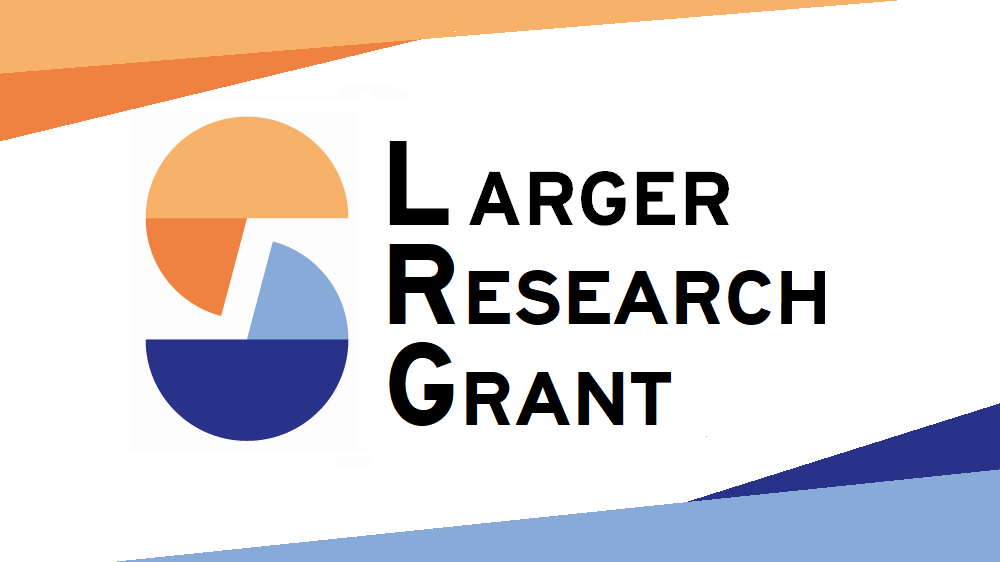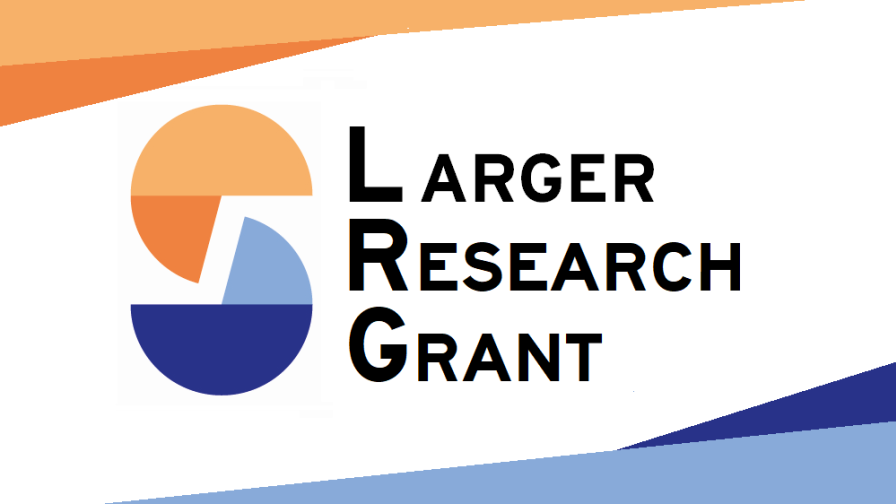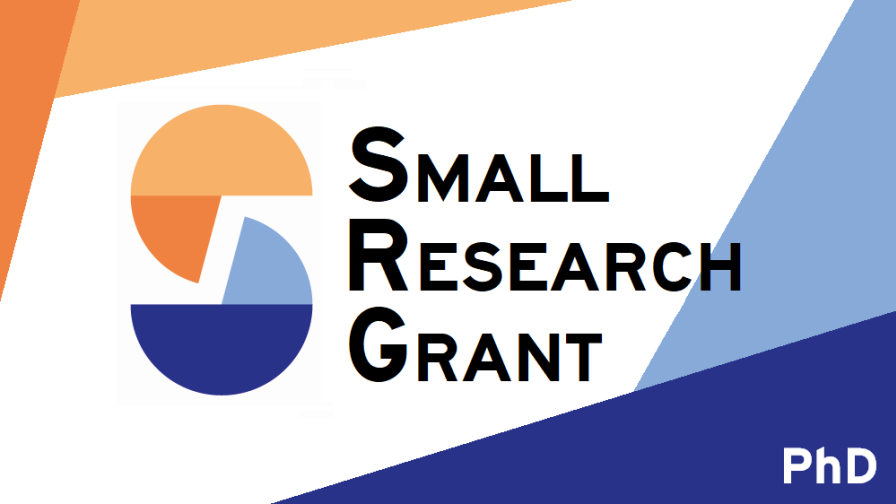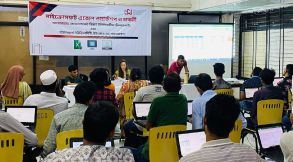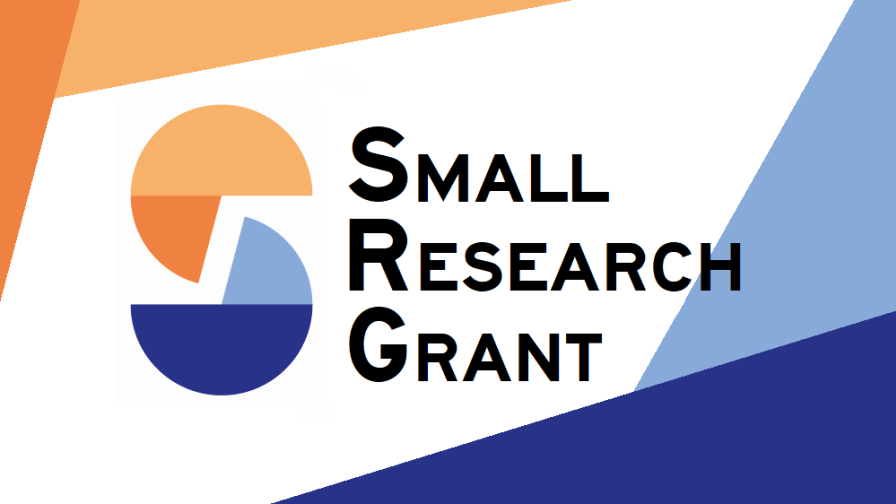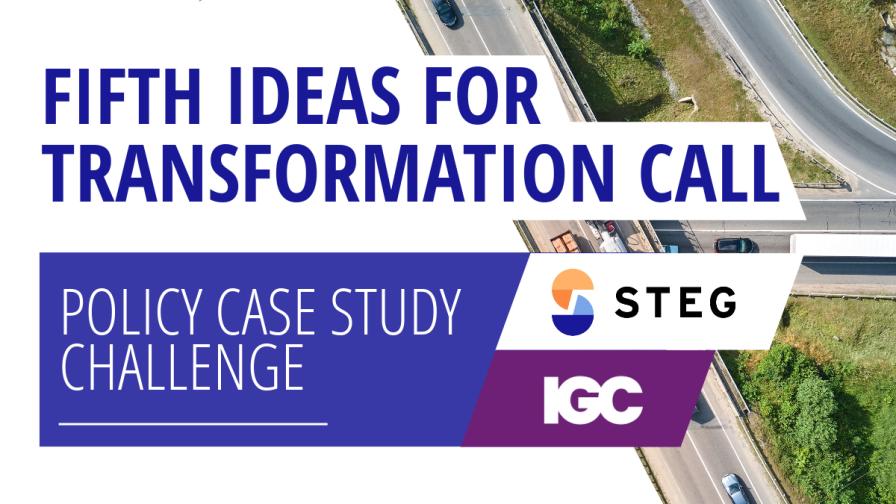Despite efforts to encourage digitization and rigorous research documenting its potential economic effects in developing countries, the impacts of digitizing bureaucratic decision-making on firms are not well understood. State and local governments often contract out development projects to SMEs – an important environment where fast-digital technology that meaningfully facilitates bureaucratic decision-making on projects will not only improve government’s capacity, but also have the potential to reduce frictions via timely processing and payments for projects to SMEs, with significant implications for increased firm productivity and project outcomes.
This project experimentally studies the impact of digitizing bureaucratic decision-making on performance of small- and medium-sized firms (SMEs) in Ghana. The investigators partner with the Ministry of Local Government and its technology solutions provider, Casantey Business Solutions Group Ltd. (CASANTEY), to design and evaluate the impact of a cloud-based solution technology that reduces bureaucratic bottlenecks and uniquely features two structural components (i) addresses coordination failures vs (ii) addresses payment failures. The study randomly assigns a large pool of select firm-linked projects to the solution technology to uplift projects administration and payments, and carefully measure firm performance. The study seeks to understand:
1. Whether digitizing bureaucratic decision-making can improve productivity and performance of firms and public officials, and
2. How much of improvement in performance are due to coordination frictions and/or payments concerns?
The project is both policy- and academically- relevant. Policy-wise, the results will (i) reform the Ministry’s administration of local developments projects and (ii) inform their nationwide digitization rollout decisions. Academically, the project advances scientific knowledge about (i) the constraints to firm growth and productivity (e.g., Hsieh and Klenow 2009; Syverson 2011) and (ii) the benefits of digitization to firms and bureaucrats, uniquely emphasizing the promise of e-governance and digital payment systems on firm performance in developing countries (e.g., Muralidharan et al. 2016; Annan 2023; Lewis-Faupel et al. 2016; Dalton et al. 2018).
